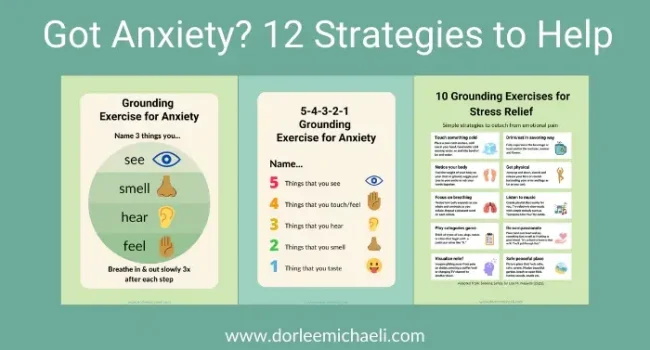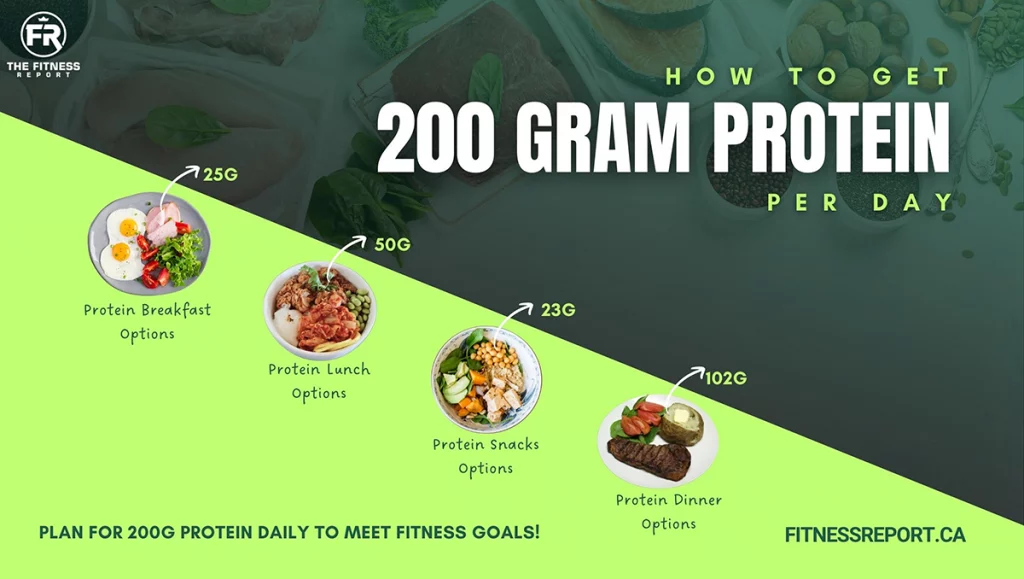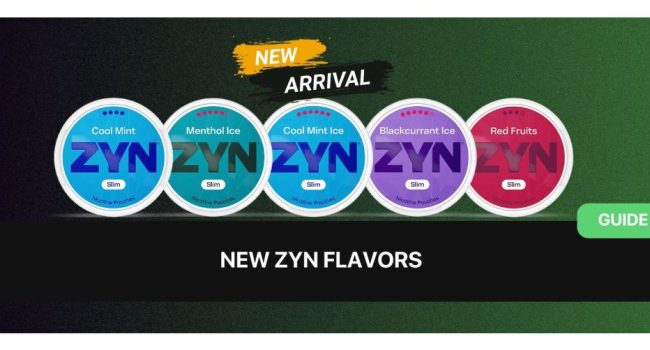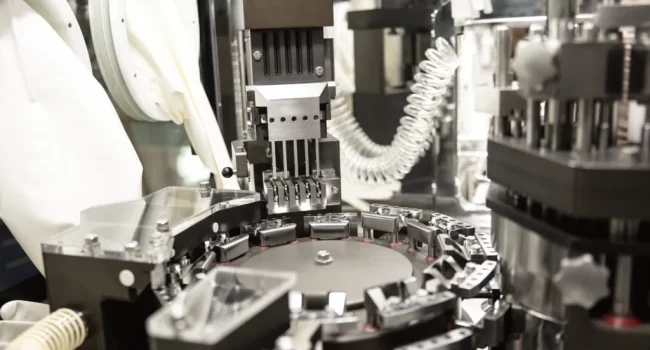
Reaching your protein goals is crucial for building muscle and achieving your fitness ambitions, whether you're a gym enthusiast or a marathon runner. This guide outlines how to consume the recommended daily protein intake, be it 50, 100, or even 200 grams.
Adequate protein intake is essential for muscle growth and recovery. Consuming 200 grams daily, though a significant goal, is achievable with a well-planned diet. This article provides the strategies and insights to help you reach your target protein intake, ultimately supporting your muscle building journey.
- Puntos Clave
- Understanding Your Protein Needs
- The Power of Protein for Muscle Growth
- How to Eat 200g Protein a Day: A Practical Guide
- Creative Recipes for a High-Protein Diet
- Tips for Making Protein a Lifestyle
- Video Recomendado: Maximize Muscle Growth: Hit Your 200g Protein Goal Daily
- Preguntas Frecuentes
- Conclusión
Puntos Clave
- Prioritize Protein-Rich Foods: Focus on high-protein sources like lean meats, poultry, fish, eggs, dairy, beans, and lentils.
- Spread Protein Throughout the Day: Aim for a consistent protein intake every 3-4 hours to optimize muscle protein synthesis.
- Calculate Your Protein Needs: Determining your daily protein needs based on your activity level and body weight is crucial.
- Consider Protein Supplements: Supplements like whey protein, casein protein, and plant-based protein powders can help you meet your protein requirements.
- Track Your Protein Intake: Use a food diary or a calorie tracking app to monitor your protein consumption and make adjustments as needed.
- Include Protein in Every Meal: Make protein a staple in all your meals to ensure consistent intake throughout the day.
- Experiment with Recipes: Explore various high-protein recipes to keep your diet interesting and enjoyable.
- Focus on Quality Protein Sources: Choose lean meats, poultry, and fish over processed meats to maximize nutrient intake.
Understanding Your Protein Needs
Why 200g of Protein Per Day?
You may be wondering, why 200 grams of protein a day? While this is a significant amount, it can be crucial for certain individuals, particularly those actively engaged in intense training, such as bodybuilders or athletes, who require substantial protein for muscle repair and growth. It's important to consult with a healthcare professional or a registered dietitian to determine if a higher protein intake is appropriate for you.
Calculating Your Daily Protein Needs
Determining your daily protein needs is crucial before you embark on your how to eat 200g protein a day journey. A general guideline is to consume 0.8 grams of protein per kilogram of body weight, but this can vary based on your activity level, fitness goals, and individual needs. For instance, athletes may require up to 1.2-1.7 grams of protein per kilogram of body weight. You can consult a dietitian or use online calculators to determine your specific protein needs.
The Power of Protein for Muscle Growth
The Role of Protein in Muscle Growth
Protein is a vital building block for muscle growth and repair. When you exercise, your muscles experience microscopic tears. Protein provides the necessary amino acids to rebuild and strengthen these muscles, leading to increased size and strength.
How Protein Promotes Muscle Recovery
After an intense workout, your body requires protein to repair muscle tissue and promote recovery. Consuming adequate protein ensures that your muscles have the building blocks they need to rebuild and grow stronger.
How to Eat 200g Protein a Day: A Practical Guide
Incorporate Protein into Every Meal
To achieve your how to eat 200g protein a day goal, it's essential to include protein in every meal. This ensures consistent protein intake throughout the day and maximizes muscle protein synthesis.
- Breakfast: Start your day with a protein-rich breakfast, such as eggs, Greek yogurt, or a protein smoothie.
- Lunch: Choose protein-packed options like grilled chicken salad, tuna sandwich, or lentil soup.
- Dinner: Opt for lean meat, fish, or tofu with a side of vegetables.
Prioritize Protein-Rich Foods
Select protein-rich foods that align with your dietary preferences and dietary restrictions.
- Lean Meats: Chicken breast, turkey, beef, and fish are excellent sources of protein.
- Dairy Products: Greek yogurt, cottage cheese, and milk provide a good amount of protein.
- Eggs: Eggs are a complete protein source and can be enjoyed in various ways.
- Legumes: Beans, lentils, and peas are plant-based protein sources.
- Nuts and Seeds: Almonds, cashews, chia seeds, and flaxseeds are good sources of protein and healthy fats.
Spread Protein Consumption Throughout the Day
To optimize muscle protein synthesis, aim for a consistent protein intake every 3-4 hours. This approach keeps your body in a state of anabolism, promoting muscle growth and repair.
Consider Protein Supplements
If you find it challenging to meet your protein needs solely through food, consider incorporating protein supplements.
- Whey Protein: A popular choice for post-workout recovery, whey protein is quickly absorbed and provides essential amino acids for muscle growth.
- Casein Protein: Slower-digesting than whey protein, casein protein provides a sustained release of amino acids, making it ideal for bedtime consumption.
- Plant-Based Protein Powders: Excellent alternatives for those following a vegan or vegetarian diet, plant-based protein powders are made from sources like soy, pea, or brown rice.
Track Your Protein Intake
Using a food diary or a calorie tracking app can help you monitor your protein consumption and make adjustments as needed.
- Food Diaries: Track your daily food intake, noting the protein content of each meal.
- Calorie Tracking Apps: Use apps like MyFitnessPal or Lose It! to track your protein intake and other macronutrients.
Creative Recipes for a High-Protein Diet
High-Protein Breakfast Ideas
- Overnight Oats with Protein Powder: Combine rolled oats, Greek yogurt, protein powder, and your favorite toppings.
- Protein Pancakes: Use protein powder to make fluffy and protein-packed pancakes.
- Egg White Omelette with Veggies: Load your omelette with colorful vegetables for added nutrients.
High-Protein Lunch Ideas
- Chicken Salad with Quinoa: Combine grilled chicken, quinoa, and your favorite vegetables for a satisfying meal.
- Tuna Salad with Whole-Wheat Crackers: Add a dollop of Greek yogurt for extra protein.
- Lentil Soup: Lentils are a great source of protein and fiber.
High-Protein Dinner Ideas
- Grilled Salmon with Roasted Vegetables: A healthy and delicious meal rich in protein and healthy fats.
- Chicken Stir-Fry: Use lean chicken and plenty of vegetables in a flavorful stir-fry.
- Tofu Scramble: A plant-based alternative to scrambled eggs, packed with protein and fiber.
Tips for Making Protein a Lifestyle
Make Protein a Priority in Meal Planning
When planning your meals, prioritize protein-rich foods and ensure they are included in every meal. This approach makes it easier to consistently meet your protein needs.
Explore New Protein Sources
Experiment with various protein sources to keep your diet exciting and enjoyable. Don't be afraid to try new recipes and ingredients.
Focus on Quality Protein Sources
Choose lean meats, poultry, and fish over processed meats to maximize nutrient intake and reduce your intake of unhealthy fats and sodium.
Video Recomendado: Maximize Muscle Growth: Hit Your 200g Protein Goal Daily
Preguntas Frecuentes
Can I Eat Too Much Protein?
While protein is essential for muscle growth, consuming excessive amounts can strain your kidneys and potentially lead to other health issues. Consult with a healthcare professional to determine the appropriate protein intake for your individual needs.
Is It Possible to Eat 200g Protein a Day Naturally?
Achieving a how to eat 200g protein a day goal naturally is possible, but it requires a significant focus on protein-rich foods and potentially multiple protein-rich meals throughout the day.
What Happens If I Don't Get Enough Protein?
Insufficient protein intake can hinder muscle growth and recovery, leading to reduced strength, fatigue, and impaired immune function.
Can I Use Protein Shakes to Meet My Protein Goals?
Protein shakes can be a convenient way to supplement your protein intake, but they should not replace whole food sources. Aim for a balanced diet that includes a variety of protein-rich foods.
What Happens If I Eat Too Much Protein?
While it's unlikely to experience serious harm from consuming excessive protein, it can lead to digestive issues, such as bloating and gas, and may contribute to dehydration.
Conclusión
Consuming how to eat 200g protein a day is a challenging but achievable goal with a well-planned diet. By prioritizing protein-rich foods, spreading protein consumption throughout the day, and incorporating protein supplements when necessary, you can support your muscle growth and overall health. Remember to consult with a healthcare professional or a registered dietitian to determine the appropriate protein intake for your individual needs and to ensure you are meeting all of your nutritional requirements.
Si quieres conocer otros artículos parecidos a Maximize Muscle Growth: Hit Your 200g Protein Goal Daily puedes visitar la categoría Salud.
Deja una respuesta









También te puede interesar: